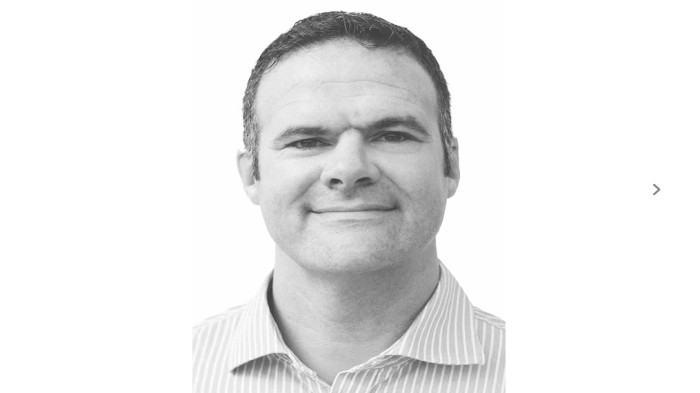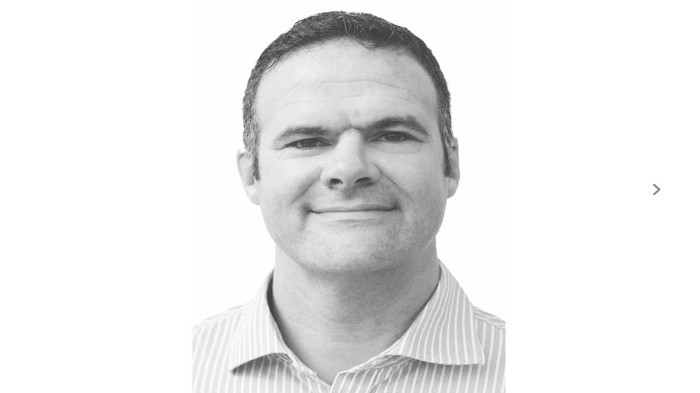In Views
Follow this topic
Bookmark
Record learning outcomes
A new model of supervision unlocks the future we’ve been talking about for years, argues Malcolm Harrison, chief executive of the Company Chemists’ Association
The debate around supervision has been a point of contention within the pharmacy profession for decades. Some of the legislation that dictates pharmacy practice pre-dates the NHS and reflects a time when pharmacists would spend most of their time compounding medicines. But there is an emerging view that legislation must now be updated to meet radically different patient needs and the constantly evolving methods of providing pharmacy care.
The legislation underpinning the current interpretation of supervision is seen by many – myself included – as unhelpful in a modern context. Society’s expectations of healthcare professionals has changed immeasurably over the 90 years since the Pharmacy and Poisons Act 1933 was laid down.
The Supervision Practice Group’s recent report highlights agreement on the need for change, so that a more clinical future for community pharmacy can be realised. The work of this group should represent a seminal milestone for the way medicines are supplied across the UK.
We have come a long way to get to where we are today. Back in 2018, soon after I had taken up my role with the CCA, I wrote to Ken Jarrold, the chair of the Rebalancing Board, asking him to ‘get the band back together’ and address the final element of the work it was charged with delivering, namely supervision. Alas, it was not to be, and it was soon made clear that while it had not been formally shut down, the Rebalancing Board would not be undertaking any further work.
In recognition that changes were needed, and that it would be easier if there was a consensus of opinion about the future of supervision, in 2019 I contacted the NPA and AIMp, inviting them to work with us to develop robust proposals for the future of supervision that could be presented to DHSC.
The then chairs of both bodies, Andrew Lane and Peter Cattee, were willing to work with us on this matter for the benefit of all pharmacists and pharmacy businesses. And so, the three trade bodies worked together throughout 2020, looking to understand each other’s positions, ambitions, and concerns. In parallel, we kept GPhC, DHSC and NHSE abreast of our discussions and progress.
In 2021, we invited the professional bodies to join us in debating possible solutions to the supervision challenges. Once they were engaged, I recognised the CCA should no longer lead this work. A new group was needed, with its own independent chair and secretariat. The CCA therefore stepped away from leadership of the group and my direct involvement ended.
However, that didn’t mean I was able to sit back and watch from the touchline! It was clear that the bodies involved in what became the Supervision Practice Group would need a neutral third party to engage with and hold the various contracts and funds required to get such an undertaking off the ground. Luckily, Duncan Rudkin at the GPhC agreed to support our work by acting as the anchor for the various constituent parts. The GPhC agreed to hold the contract with the chair and secretariat, and to collect the funds provided by the members. Duncan very kindly also agreed to help facilitate the search for a suitable chair and secretariat.
In spring 2022, the Supervision Practice Group was formally convened. Fast forward to August 2023 and after a great deal of hard work, the group was able to crystallise its views into a single report. I hope that with time, all stakeholders in the pharmacy arena can look at the collaborative approach taken by all parties involved in the work. With genuine intent and a common purpose, even individuals and organisations with apparently polar opposite views can find common ground.
Although I am very pleased with the process and the outcomes achieved so far, I am aware there is still a long way to go before we can begin to pop the champagne corks. Pharmacy is described as being at the very heart of our communities. But what happens when the heart is flatlining?
The massive increase in workload and the trend of pharmacy closures is taking a toll on pharmacy teams. But the sad irony is that the increased workload is not because patients are receiving significantly more face-to-face care or advice. Our recent ‘workforce paradox’ report found that while the time spent delivering clinical services is growing, pharmacists still spend most of their time dispensing. Astonishingly, 2,397,433 hours of pharmacist time is spent on delivering national services each year in England – compared to a massive 17,913,857 hours on dispensing.
If we are to resuscitate the pharmacy network, we must urgently re-evaluate how pharmacists spend their time. Changes to supervision will increase the proportion of dispensing workload that other members of the team can undertake, freeing up pharmacist time to provide clinical services.
We need changes to supervision that are favourable to everyone in what must be a win-win-win-win. I recognise that changing the laws that govern supervision will not be a magic bullet that relieves the pressures of today.
Pharmacists will need to be comfortable embracing new ways of discharging their legal duties for ensuring the safe and effective supply of medicines. The RPS will have a huge role to play here. But change shouldn’t be feared. Change can be enabling and should facilitate the seismic transformation that independent prescribing can bring.
It is my hope that the new common conditions service is seen as the beginning of our journey towards a much, much more clinical future.


